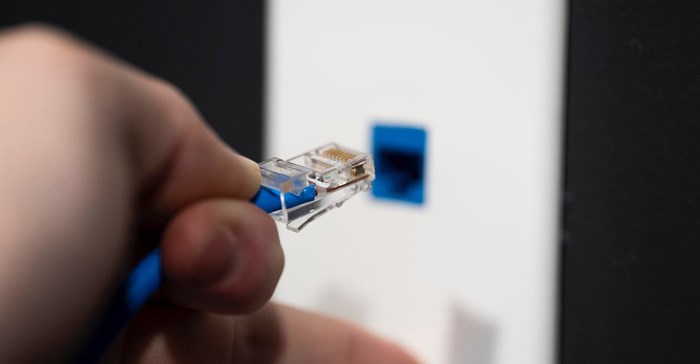
Internet connectivity, however, has never been more important. According to a survey from O'Reilly conducted at the end of last year, 90% of companies around the world use the cloud in one form or another on a daily basis. Even traditionally “low-tech” businesses like plumbers and electricians use connectivity to run their day-to-day operations, whether that be for advertising their services on social media, or using SaaS accounting packages.
And yet, South Africa’s ISPs have barely changed their business models – or their approach to customer service – to reflect the fact that they provide possibly the most vital service in the country to businesses and individuals alike. Not only do South African customers pay some of the highest rates in the world for their connectivity packages, they have very little recourse should they have an issue with their ISP.
The most recent price comparison, conducted by UK-based firm Cable, found that South Africa ranks 113 out of 219 countries when it comes to broadband package pricing. Cable measured 41 fixed-line broadband packages and found the average cost per month in the country is R875. This is only a little cheaper that the comparison done a couple of years ago by Picodi, which found that South Africans pay the most for 100 Mbps uncapped fibre in their homes, which cost an average of an astounding R1,273.84 per month at the time.
Unfortunately, even though South African fibre users are paying these hefty prices, they are subjected to some of the worst customer service experiences in the country. Despite the fact that the Internet Service Providers’ Association (ISPA) has introduced a mediation process to help resolve issues, some ISPs don’t even have a contact centre through which customers can reach them to raise queries, even though ISPs are required to provide contact telephone numbers on their websites.
The Association, which is responsible for ensuring that its members abide by a Code of Conduct which emphasises the fair treatment of ISP customers and ensures that its members provide accurate information of its products and services, has a gargantuan task. According to ISPA, the most common issues raised in the mediation process are billing disputes (42%), quality of service (24%), contract cancellations (14%), and installation delays (11%).
In a traditional free market economy, ISPs would be competing on both price and service to ensure they remained successful, and yet local service providers are doing neither. This is partly because there are only around a dozen fibre providers in the country, all of whom offer similar pricing, and it seems, similar levels of customer service. One relative newcomer launched substantially cheaper high-speed 500mbps and 1gbps products last year, leading to a number of ISPs publicly calling for Fibre Network Operators (FNOs) to stop “forcing” line speed upgrades on customers and rather offer cheaper services.
Cable’s analysis of fibre prices noted a greater weighting towards currency devaluation in the top half of the table. For example, Syria, which was ranked first, lost three-quarters of its currency’s value against the US dollar in the previous 12 months. This should mean that South Africa ought to be ranked among the cheapest countries, and yet our prices are only inching down incrementally.
Many FNOs, and by extension ISPs, use their hefty capital investments into building the networks as an excuse for the high prices. However, when you consider that South Africa’s largest FNO passes 1.6 million homes, and its closest competitor recently breached the milestone of 1 million homes passed, that argument starts to fall a little flat.
The standard operating procedure of most local ISPs, exemplified by high prices and indifferent service, was highlighted during the break of two of the undersea cables feeding South Africa last weekend. The West African Cable System (WACS) and the South Atlantic 3 (SAT-3) undersea cables experienced breaks caused by a rock fall in the Congo Canyon, impacting international connectivity to South Africa.
Most of the content internet users in South Africa access is stored locally, but global content providers still need capacity on the undersea cables to send content to their local servers. There are eight undersea cables feeding the country, but most ISPs don’t buy redundant capacity across more than a few because that usually requires long-term contracts that aren’t cheap.
As a result, many South Africans are being forced to deal with intermittent service and slow speeds until the breaks have been repaired. Some ISPs have added new capacity, but others have yet to do so, even though repairs could take weeks. The Léon Thévenin, the cable-laying ship that deals with these types of breaks, has been dispatched, but is reportedly stuck in Mombasa, Kenya, with no ETA on the next leg of its voyage, much less on when repairs will be completed.
While this type of event is an anomaly, the poor service levels that characterise some local ISPs have left many customers in the dark about why their lines are slower than usual. In a world where internet connectivity is as essential as running water – and possibly even more essential than metered electricity – the high prices and poor service South African ISP customers have become used to should not be acceptable.
